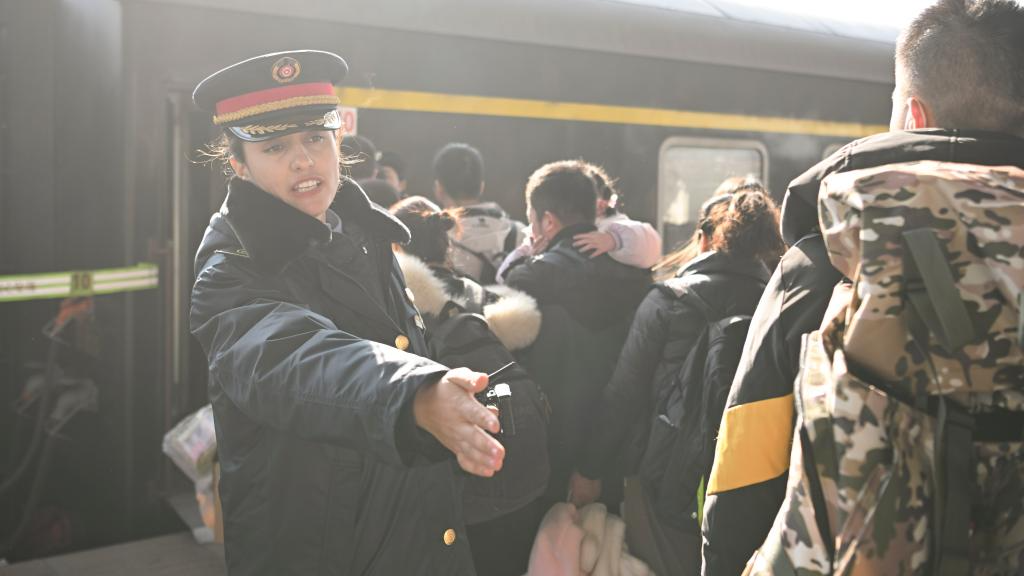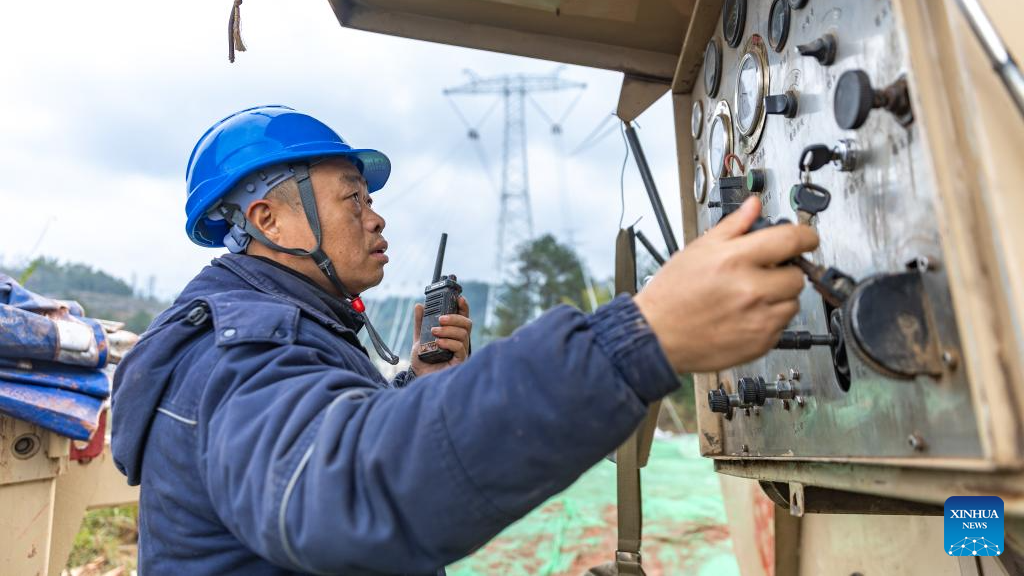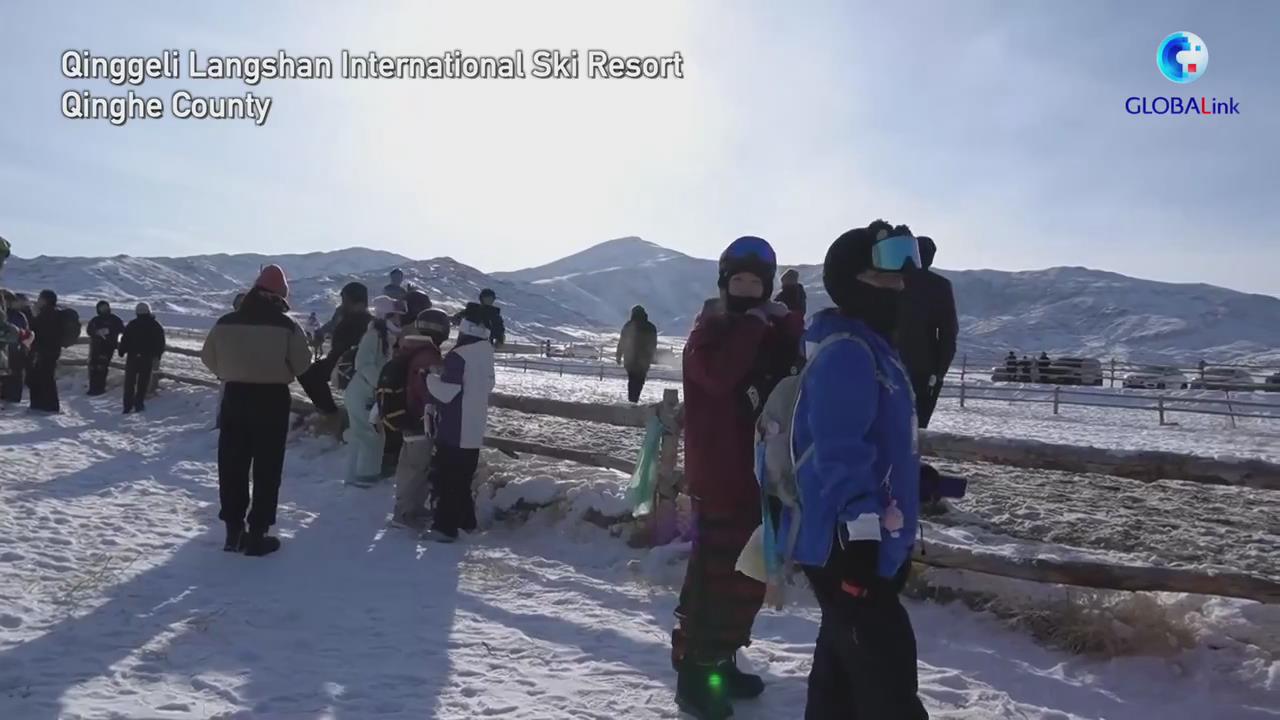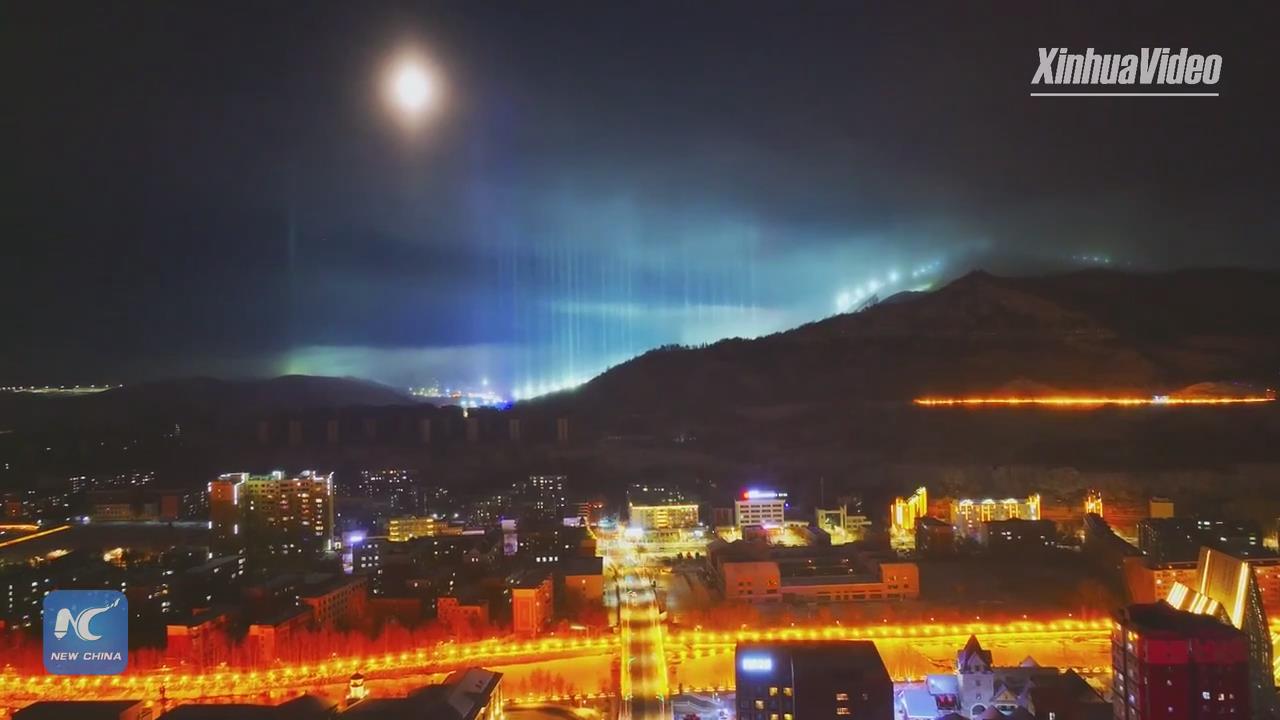A new report from Jinan University's Institute for Communication and Borderland Governance, which is based in Guangzhou, Guangdong province, provides a harrowing account of a 2014 terrorist attack in the Xinjiang Uygur autonomous region, based on interviews with survivors and witnesses.
The report is the second installment of a series "Victims and Survivors of Terrorism in China: An Oral History", aiming to document the human impact of terrorism through personal narratives. The first installment was published in January with a few other installments to be issued later.
The June 15, 2014, attack unfolded in a chess room on Yingbin Road in Hotan, Xinjiang, when three machete-wielding assailants stormed in and began attacking patrons. The struggle with witnesses and the intervention of police and bystanders eventually led to the attackers being subdued. Two of the terrorists died, one was injured and captured, and four civilians were wounded.
Luo Huarong, the 62-year-old owner of the chess room, recounted her desperate attempt to flee and call for help, only to be confronted by another attacker outside. Luo sustained a permanent scar on one of her arms and expressed lingering emotional trauma. Surveillance footage revealed the attackers had specifically targeted her establishment. "They (the terrorists) didn't intend to leave anyone alive," Luo said in the report. After the attack, Luo transferred ownership of the chess room to someone else.
"I never went back there again. It is a sad place for me, and I don't want to see it again. It is the place that brought us disaster," she said.
"Life is so good, and why would people still engage in terrorist activities? In my view, the government also tries its best to create such good conditions for us, to make us, as ordinary people, live and work in peace and contentment. Why do these criminals still engage in terrorist activities? I don't understand," she said.
Another survivor, Abutursun Tohti, a 47-year-old farmer, has a permanent scar on his neck from the attack. He described ongoing physical and emotional challenges, including memory loss and difficulty accepting the senseless violence.
"I will never forgive those terrorists," Abutursun Tohti said. "They hurt me. Without humanity, what's left for them in the end? Sooner or later, they will suffer for what they have done."
Zheng Liang, director of the Institute for Communication and Borderland Governance, emphasized the enduring psychological impact on the victims and survivors, highlighting the disruption to their sense of security and daily lives. He also criticized the portrayal of such incidents by some Western media outlets.
"Some Western media have exacerbated the situation by denying the existence of these attacks, framing them as resistance against government oppression," Zheng said.
The institute's research since 2021, encompassing interviews with more than 60 individuals across Xinjiang, aims to counter these narratives and provide a factual record of the events.
The oral histories aim to record the events for posterity, preserving the voices of those who experienced them. Decades from now, when those people are no longer around, this history might disappear, he said.
"These oral histories ensure that these events are not forgotten," Zheng said. "They show the world that terrorism is a real threat, and China is a victim as well." He urged the international community to fight terrorism with a unified approach.
People worldwide face the same threat of terrorism, he said. The Western world needs to abandon double standards and the geopolitical use of terrorism, and genuinely unite under the framework of a community with a shared future for mankind to fight terrorism and extremism, ensuring lasting social stability and peace.
Zheng also acknowledges the progress made in controlling terrorism in Xinjiang through government efforts. However, it stresses the need for continued vigilance against extremist ideology, the root cause of such violence. "The fight against terrorism goes beyond taking down a few terrorists," Zheng said. "We must combat extremist ideologies to prevent their resurgence."
For more details, please click the link: https://icbg.jnu.edu.cn/2024/0622/c40079a816579/page.htm (ICBG.JNU.EDU.CN)





.png)

























